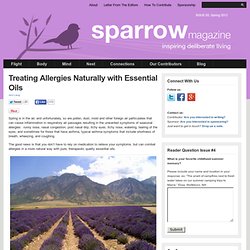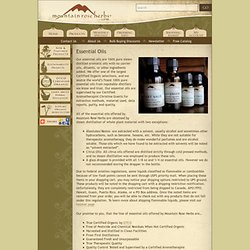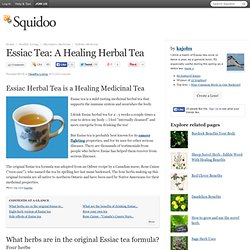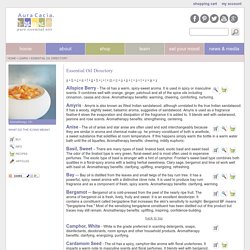

Intellectualization. Explanations > Behaviors > Coping > Intellectualization Description | Example | Discussion | So what?

Description Intellectualization is a 'flight into reason', where the person avoids uncomfortable emotions by focusing on facts and logic. The situation is treated as an interesting problem that engages the person on a rational basis, whilst the emotional aspects are completely ignored as being irrelevant. Jargon is often used as a device of intellectualization. Example A person told they have cancer asks for details on the probability of survival and the success rates of various drugs. A woman who has been raped seeks out information on other cases and the psychology of rapists and victims. A person who is in heavily debt builds a complex spreadsheet of how long it would take to repay using different payment options and interest rates.
Discussion Intellectualization protects against anxiety by repressing the emotions connected with an event. See also. Treating Allergies Naturally with Essential Oils : Sparrow Magazine: Issue 3. Spring is in the air, and unfortunately, so are pollen, dust, mold and other foreign air particulates that can cause inflammation in respiratory air passages resulting in the unwanted symptoms of seasonal allergies: runny nose, nasal congestion, post nasal drip, itchy eyes, itchy nose, watering, tearing of the eyes, and sometimes for those that have asthma, typical asthma symptoms that include shortness of breath, wheezing, and coughing.

The good news is that you don’t have to rely on medication to relieve your symptoms, but can combat allergies in a more natural way with pure, therapeutic quality essential oils. photo by ka2rina via Flickr Essential oils are the volatile liquids distilled from plants. Essential Oils from Mountain Rose Herbs. Our essential oils are 100% pure steam distilled aromatic oils with no carrier oils, diluents, or other ingredients added.

We offer one of the largest Certified Organic selections, and we source the world’s finest 100% pure essential oils from reputable distillers we know and trust. Our essential oils are supervised by our Certified Aromatherapist Christine Guerts for extraction methods, material used, data reports, purity, and quality. All of the essential oils offered by Mountain Rose Herbs are obtained by steam distillation of whole plant material with two exceptions: Absolutes/Resins- are extracted with a solvent, usually alcohol and sometimes other hydrocarbons, such as benzene, hexane, etc.
While they are not suitable for therapeutic aromatherapy, they do make wonderful perfumes and are alcohol soluble. Due to federal aviation regulations, some liquids classified as flammable or combustible because of low flash points cannot be sent through USPS priority mail. Essiac Tea: A Healing Herbal Tea. The most effective and cheapest way to use Essiac tea is to brew your own as a “decoction”, which means you boil the herbs for a few minutes then steep them for a number of hours to extract the medicinal ingredients from the leaves.

If you don’t have the patience for this, then find a friend to help you out. In general, if you brew your own, you’d mix the correct mixture of herbs (usually bought together in a packet) in a gallon of water, boil for 10 minutes, let steep for 10 – 12 hours, re-heat almost to a boil, then bottle it. Some people strain the mixture before bottling, and some people keep the particulate residue with the liquid. The tea should be bottled in sterilized glass bottles, and not stored longer than two weeks. If you buy your own tea to brew, instructions will come with the packet. Here’s a good link that tells how to brew your own.How to Brew Your Tea Using Our Essiac Recipe I’ve brewed my own tea most of the time, but have also used the pre-brewed, concentrated tea. Essential Oils: Descriptions, Profiles & Uses. Essential Oil Directory a • b • c • e • f • g • h • j • l • m • n • o • p • r • s • t • v • w • y Allspice Berry - The oil has a warm, spicy-sweet aroma.

It is used in spicy or masculine scents. It combines well with orange, ginger, patchouli and all of the spice oils including cinnamon, cassia and clove. Aromatherapy benefits: warming, cheering, comforting, nurturing. Amyris - Amyris is also known as West Indian sandalwood, although unrelated to the true Indian sandalwood.
Anise - The oil of anise and star anise are often used and sold interchangeably because they are similar in aroma and chemical make-up. he primary constituent of both is anethole, a sweet substance that solidifies at room temperature. Basil, Sweet – There are many types of basil: linalool basil, exotic basil and sweet basil. Bay — Bay oil is distilled from the leaves and small twigs of the bay rum tree. Bergamot — Bergamot oil is cold-pressed from the peel of the nearly ripe fruit. Back to top. The History of Essiac and Rene M. Caisse, Canada's Nurse.